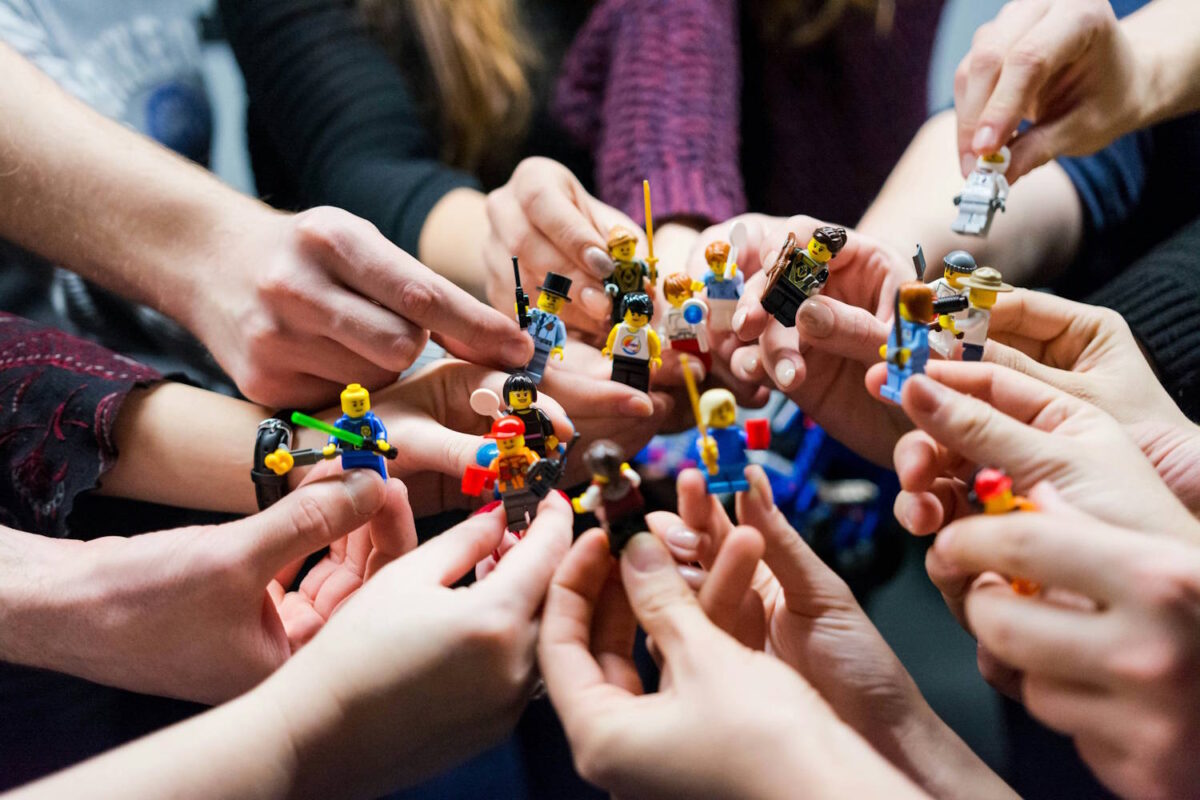Availability
Phuket, Bangkok, Singapore, Malaysia. In fact, anywhere you want.
Aim
To investigate the differences in working styles between members of a team and understand how to adapt one’s behaviour for more effective collaboration.
Learning Outcomes
- Identify one’s own behavioural and working style using a DISC assessment
- Recognise the traits of each of the four main DISC styles as well as the twelve blended styles
- For each working style, understand the motivators and stressors that drive them
- See how this understanding of others’ DISC styles can improve collaboration and minimise conflict
- Understand how to communicate more effectively with each DISC style
Workshop Overview
The DISC profile is often called a personality test and is usually grouped together with MBTI (Myers-Briggs Type Indicator). While DISC certainly has roots in personality, it is far more about professional behaviours and working styles. Instead of offering a pure personality assessment, DISC reveals insights into how individuals behave and communicate, particularly in the workplace, based on one’s default behaviour settings. For this reason, I feel it is far more relevant to business teams than MBTI.
In addition to highlighting an individual’s motivators and stressors, the DISC assessment can reveal how an individual:
- Communicates with others
- Processes information
- Approaches conflict
- Deals with change
- Reacts under stress
- Approaches meetings
- Functions in various professional settings
These behavioural elements all determine how effectively a team is able to collaborate. And collaboration, without doubt, is the main purpose of a team.
This workshop begins with a personal DISC assessment. The results of this assessment will help each team member understand themselves. But the real magic happens when we begin to understand others.
Why is Loki in accounts so focused on tiny details?
Why is Odin in sales always in such a rush?
Why does Thor in marketing never seem to take things seriously?
The truth is that there is nothing wrong with any of them. It’s just that they might do things differently to ourselves. We all have different approaches, different styles, and different pros and cons. Indeed, it is this diversity that makes teams so effective. Can you imagine how dysfunctional things would be if everyone was the same as you?
It’s a lack of understanding as to why people are like they are that can lead to annoyance, frustration, conflict, and a general lack of collaboration. If we expect everyone else to do things exactly as we do them then we will only ever be, at best, underwhelmed or, at worst, incredibly angry when they do things differently.
As an example, a fast-paced and dynamic sales executive (Sylvester) who’s always on the hunt for the next deal might feel a little frustrated when their manager (Daffy), who is a more slow-paced, detail-focused individual, appears to be making life difficult with frequent requests for detailed sales reports and forecasts. There’s no right or wrong style. They’re just different.
So, how about if they understood each other better?
In the example above, Sylvester and Daffy have two very different working styles. However, with mutual understanding of their respective working styles, they can work towards adapting their own behaviours to focus more on each other’s motivators and stay away from their stressors.
During this workshop, through the use of practical activities and discussion, we’ll identify how each DISC style can collaborate more effectively with every other DISC style.
An excellent pairing with this workshop is my Team Leadership Using DISC workshop which looks at how managers can use knowledge of DISC to lead diverse teams more effectively.
Get in touch and request a full workshop outline.

